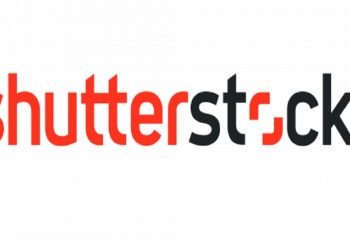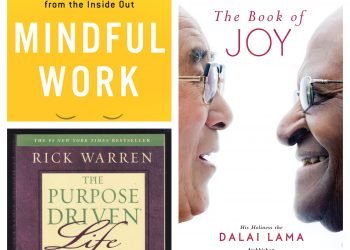No products in the cart.
How can you prepare for your upcoming job interview?
If you’re applying for an entry-level or senior position, you’ll almost always have to meet with a potential employer before receiving a job offer. Because a job interview allows you to exhibit your qualifications and make a great impression on the hiring committee, you’ll want to give it your all during this critical encounter. We’ll look at how to ace an interview in this article.
The reader is advised to take note of the following points in the book ‘Case Interview Secrets.’ Take the time to prepare for a meeting with the recruitment committee to increase your chances of getting a favourable job interview. Consider the topics you’ll be discussing, how you can position yourself as a strong applicant, and how you can make a positive impression on the hiring committee. For the job interview, you’ll need to prepare as follows:
● Research: Learn everything you can about the company and the location.
● Planning: think closely about what to wear and how to show yourself professionally.
● Practice: concentrate on the most effective method to respond to common interview questions.
RESEARCH
Prepare for your interview by researching the company to learn about its accomplishments, priorities, and mission. Read more about the company’s history, recent announcements, corporate officers, values, and community on the company’s website. Then check for the most recent company news, as well as an evaluation of recent accomplishments and possible objectives.
JOB REQUIREMENT
During your interview, conduct research on the job posting so that you can demonstrate your suitability for the job’s tasks and responsibilities. Pay attention to keywords like “qualifications” and “expertise,” and consider the responsibilities that a competent applicant would have. Examine whether the abilities and priorities meet the definition so you can provide concrete examples to the hiring committee.
INTERVIEW QUESTIONS
Although the conversation might cover a wide range of commercial or work-related topics, most interviews include at least a few standard questions. Review the list of the most popular interview questions and learn how to respond to them for practise. Answers should be based on the company, the function, and any relevant credentials and ambitions.
‘Case Interview Secrets’ also discusses how to respond to the most commonly asked questions in the interview series. Practicing past interview questions is one method to do this. You may speed things up by checking for questions presented by companies like McKinsey or the Boston Consultancy Company. After that, you’ll be able to “automate” your logic and answer specific problems in a matter of seconds.
However, keep in mind that test questions are constantly changing, so you should receive the most recent tests to stay current.
STAR METHOD
Behavioral questions are frequently asked during professional interviews by questioning managers to determine how employees react with common workplace situations. Read about the STAR approach, which includes addressing the setting, mission, action, and outcome, to prepare for these questions. Before addressing your position or mission in these instances, first clarify the context of the problem. After that, think about the actions you took to tackle the problem and the program’s results.
BE PREPARED BEFOREHAND
While interviewers usually ask more questions than they answer, most applicants seek to show an interest in the job and the company by asking thoughtful questions. Try to prepare them ahead of time by focusing on what you want to hear, such as your company’s philosophy and priorities, as well as opportunities for promotion and growth.
FOLLOW UP
After the interview, you will take additional actions to boost your chances of landing a position. Within a day of the interview, please send a thank-you email to the recruiting manager. Reiterate your faith in the position and express gratitude for the interview in the email. If you don’t hear back within a week after the job posting is closed, try sending another follow-up email to show your continued interest in the position and confidence in moving through with the hiring process.
The majority of consultant interviews are divided into two types of questions: quantitative and event-based. You’ll be well-positioned to manage all of them and land your ideal job at a big consultancy if you keep a few simple strategies in mind. With the guided solutions offered in Victor Cheng’s book ‘Case Interview Secrets,’ every interview can be aced with flying colours. It provides a step-by-step approach to help novices navigate the interview.










